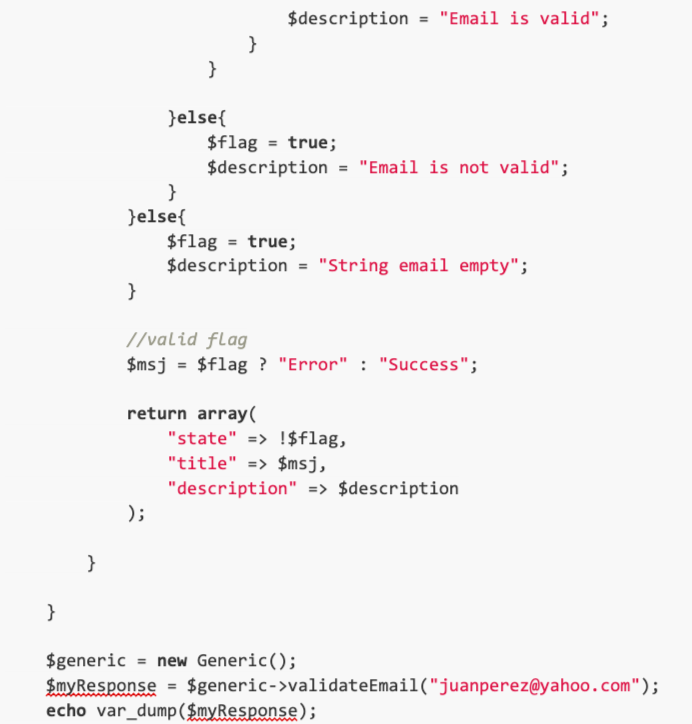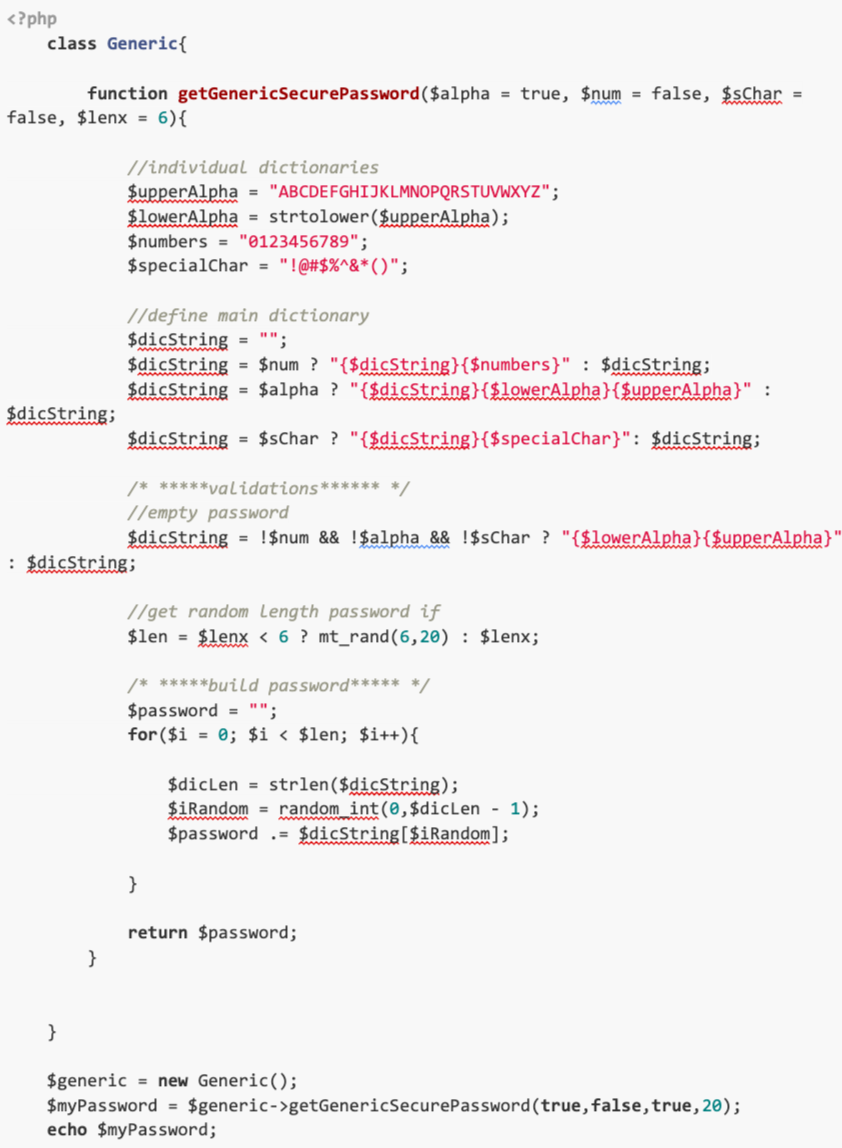

For Companies
For AI Labs
For Developers
Use Cases
Customer Stories
Get added peace of mind with Revelo’s risk-free trial. If you’re not satisfied with your hire within the first 14 days: You pay nothing, and we’ll find you a new candidate at no additional cost.










Natalia R.
Experience
8 years
AVAILABILITY
Full-time

Constanza B.
Experience
8 years
AVAILABILITY
Full-time

Kimberly G.
Experience
7 years
AVAILABILITY
Full-time

Sergio R.
Experience
8 years
AVAILABILITY
Full-time

Jose S.
Experience
11 years
AVAILABILITY
Full-time

Andres R.
Experience
8 years
AVAILABILITY
Full-time
Rigorously vetted for technical and soft skills. Expertly hand-picked for your needs
Work synchronously with developers in the same or overlapping US time zones
Get shortlists within 3 days and hire in as fast as 2 weeks
Go further and reduce the overhead of sourcing, hiring, and talent management
Psr/log | Monolog | Guzzlee | Assert | PHPunit | Swiftmailer | Email-validator | dotenv | Twig | Faker | AWS SDK | Tinker | Predis | OAuth | Rector
Laravel | Symfony | CodeIgniter | CakePHP | Yii | Phalcon | Laminas | Drupal
Facebook API | Instagram API | YouTube API | Spotify API | Apple Music API | Google API | Jira REST API | GitHub API | SoundCloud API
Amazon Web Services (AWS) | Google Cloud Platform (GCP) | Linux | Docker | Heroku | Firebase | Digital Ocean | Oracle | Kubernetes | Dapr | Azure | AWS Lambda | Redux
MongoDB | PostgreSQL | MySQL | Redis | SQLite | MariaDB | Microsoft SQL Server
While PHP may not be as popular as newer programming languages, it remains integral to many web development projects. Over half of all the websites on the internet still use PHP for server-side development. Many companies hire PHP developers to help create and maintain these websites. However, companies that want to hire PHP developers often face several challenges in sourcing top talent.
Because of the growing demand for developers with skills in newer languages, developers with PHP experience may be harder to find. Additionally, since PHP is an older language, fewer resources may be available to teach and develop skills for using the language. To ensure hiring teams find the right developers for a project, they may need to look for experienced developers familiar with older and newer programming languages.
PHP web development and app development involves creating applications using the PHP programming language, a server-side scripting language allowing developers to create dynamic websites and applications. Several established websites and apps used PHP for initial development and continuous maintenance, including WordPress, Facebook, and Wikipedia.
Apart from designing websites, developers can also use PHP to execute several other critical information technology functions. Some of these include:


Despite being a comparatively simple and easy-to-use scripting language, PHP has evolved into a cornerstone of the inteFigures 1-2 display PHP code validating emails according to their structure or format. The code takes a list of allowed email domains into account, allowing for quick filtering.rnet, used in a staggering number of websites and web apps. Startups and established organizations in dozens of industries capitalize on PHP’s ease of use to help build their own e-commerce platforms, content management systems, and web apps for internal or external use.
Working with PHP enables organizations to leverage the language’s rich and varied solutions and functionality, from automating internal processes to crafting user-centric digital experiences. PHP sites and apps are more stable, scalable, flexible, and secure—key factors in driving digital transformation while maintaining the trust of customers and business partners alike.
PHP’s server-side development advantages are why it’s become one of the most used scripting languages in the digital world. Some of these benefits include:
PHP developers create, maintain, and optimize the code that powers websites or applications. Typical PHP developer responsibilities include writing code for a new feature, debugging existing issues, or refactoring old code. In general, the overall objectives of PHP developers include designing, coding, testing, and deploying secure, reliable, and easy-to-use applications.
In addition to these tasks, PHP developers perform other development services, including:

The broad spectrum of skills and qualifications for PHP developers includes a combination of technical expertise, educational background, and soft skills. Developers should be proficient in PHP programming and understand related frameworks, such as Laravel and CodeIgniter. Programmers also need strong knowledge of database languages like HTML, CSS, JavaScript, and SQL, as well as an understanding of graphic software design.
Many employers seek standard qualifications from accredited universities in computer science, information technology, or a related field. Proven practical experience is sometimes accepted in place of a formal degree, but regardless, a strong portfolio showcasing PHP mastery is mandatory.
Build your remote software engineering team in any tech stack. Our talent pool of senior software developers are pre-screened across 100+ skills.
Looking for work? Apply here
Yes, if for any reason you find the developer you hire isn't a good fit within the first 14 days - you pay nothing or we can find you a replacement at no additional cost.
Hiring a full-time developer through Revelo is a simple 3-step process. First, you tell us your hiring needs. Second, we match you to the best developers within 3 days. Third, you interview the candidates you like and hire the one you like most.